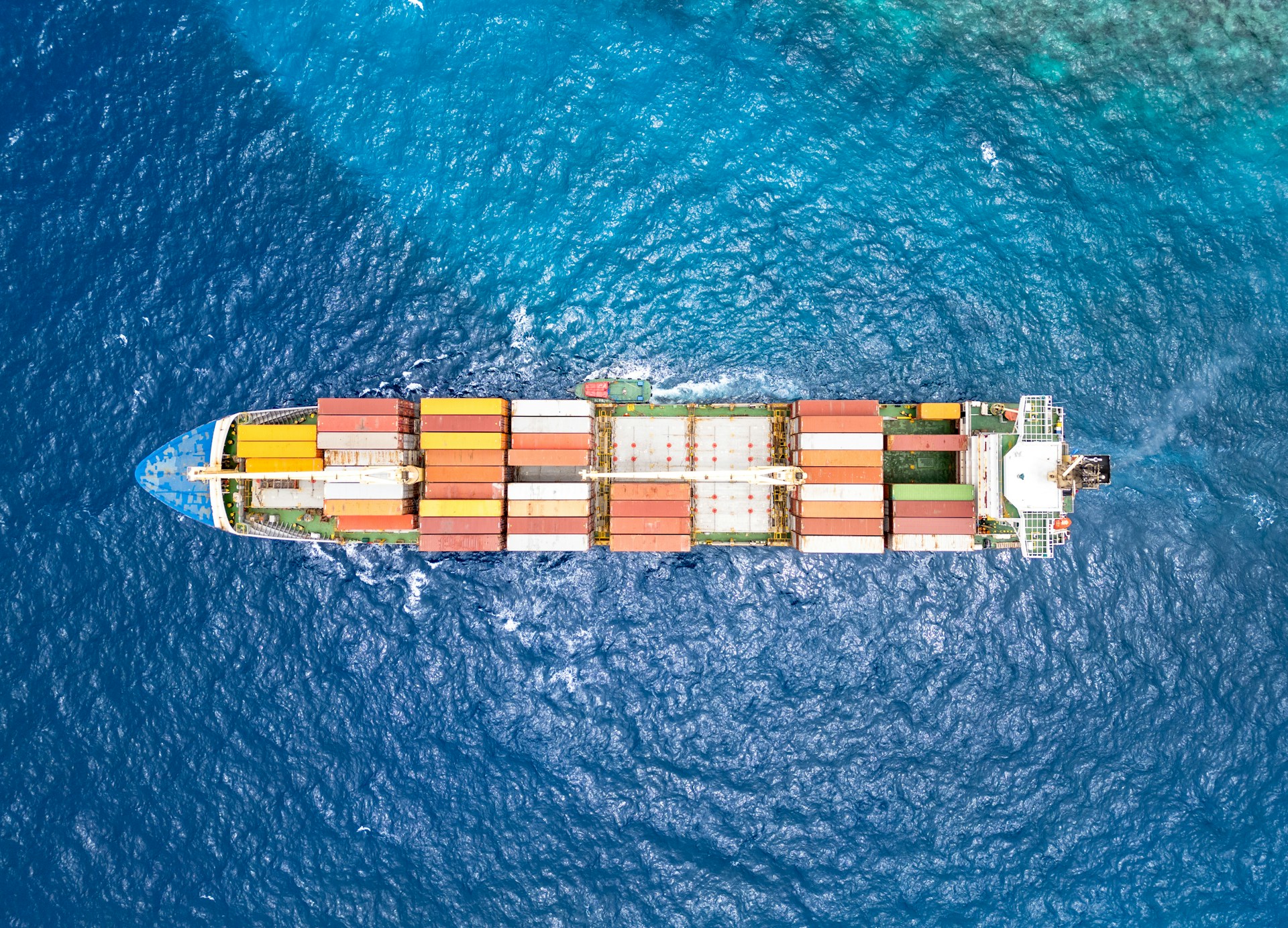Cooperating to Avoid the Next Economic Crisis
The global economy is facing an uncertain future. The pandemic—a once-in-a-century event—greatly disrupted businesses, governance, and socioeconomic progress. Many debt-laden economies already facing an uncertain future, were pushed to further economic crisis, warranting support from global banks and developed G7 nations.
This has gone hand in hand with geopolitical crises globally. SDG progress has also been hit hard. “The scarring effects of the COVID-19 pandemic, escalating conflicts, geopolitical tensions, and growing climate chaos are hitting SDG progress hard. Furthermore, systemic deficiencies and inequities in the global economic and financial system leave developing countries to tackle enormous and growing challenges with only a fraction of the international support they need and deserve,” said António Guterres, secretary-general of the United Nations in the 2024 edition of the Sustainable Development Goals Report.
Rising protectionism is greatly hampering global trade and downsizing economic growth prospects. There has been a drastic rise in protectionist and nationalist policies, particularly in trade, and is being witnessed globally. If left unaddressed, the global economy as we know it, will cease to exist as the world becomes more fragmented. This does not only impact economic growth, but also hampers progress towards achieving the sustainable development goals—vital to our very existence and progress.
Shrinking Global Economy
Global growth has stalled and is expected to fall from 2.8% in 2024 to 2.6% in 2025 and 2.5% in 2026—owing to rising protectionist policies and ongoing geopolitical tensions. Economies are also struggling with mounting debts, which if left unaddressed, could lead to a global economic crisis. Global public debt reached a record high of US$102 trillion in 2024, particularly impacting developing regions such as Africa and Latin America that are spending more on interest payments than on health and education.
Global value chains have also been stretched since the beginning of the pandemic. Shifts in demand, coupled with labor shortages, greatly impacted certain sectors such as consumer goods, metals, food, chemicals, and commodities. These crises were further exacerbated by geopolitical conflicts globally, threatening the already fragile supply chain system.
Amid the rising tariff announcements, prices of consumer goods and essentials have soared. Owing to the tariff pressure, US companies are splitting their imports to separate shipments, creating a more expensive supply chain than customary. The impact of inflation has been slow to materialize due to it being too early to assess the full impact of tariffs on prices, as many companies have been quick to import goods to the US before the tariffs hit on August 1, 2025. The full impact of the US tariffs will only be understood after stockpiles exhaust and consumers are hit with higher inflationary prices.
Are we headed towards another Great Depression seen during the 1930s, where high tariffs imposed upon imports of agricultural and manufactured goods, set off a chain reaction wherein international cooperation weakened, US exports fell by 61% between 1929 and 1933 and global trade shrunk by over 60%.
Lessons to Learn
Protectionist policies bring about a range of negative impacts, including higher prices for everyday goods, hitting vulnerable communities the hardest. Furthermore, there is loss of jobs and economic competitiveness with severe impacts on global economic growth due to suppressed international trade.
Leaders should be careful of not repeating the mistakes repeated during the Great Depression, which not only brought about great losses on the US economy, but also had spillover-effects on the global economy.
Global leaders should look at rekindling cooperation, modernize multilateral trade frameworks, and defuse zero-sum economic nationalism. The EU is working on new trade agreements with Canada, India, South Africa, UK, and ASEAN to fill the void left by the US.
In November 2024, at the G-20 summit, IMF’s managing director Kristalina Georgieva urged the G-20 countries to “allow trade to do its job”. She further added that, “we must not allow protectionism to take root and the world to drift into separate blocs,” warning that a divided world would lead to losses of about 1.5% annually on the global GDP.
Horasis also calls for a more collaborative world, with open access to trade, development, and seamless flow of knowledge and information. In our upcoming Horasis Global Meeting, scheduled to take place in São Paulo, Brazil, between 7 to 10 October 2025, we will draw together opinions and experiences of global leaders from various backgrounds on finding cooperative frameworks to our present challenges.
Photo Caption: Rising protectionism is greatly hampering global trade.



